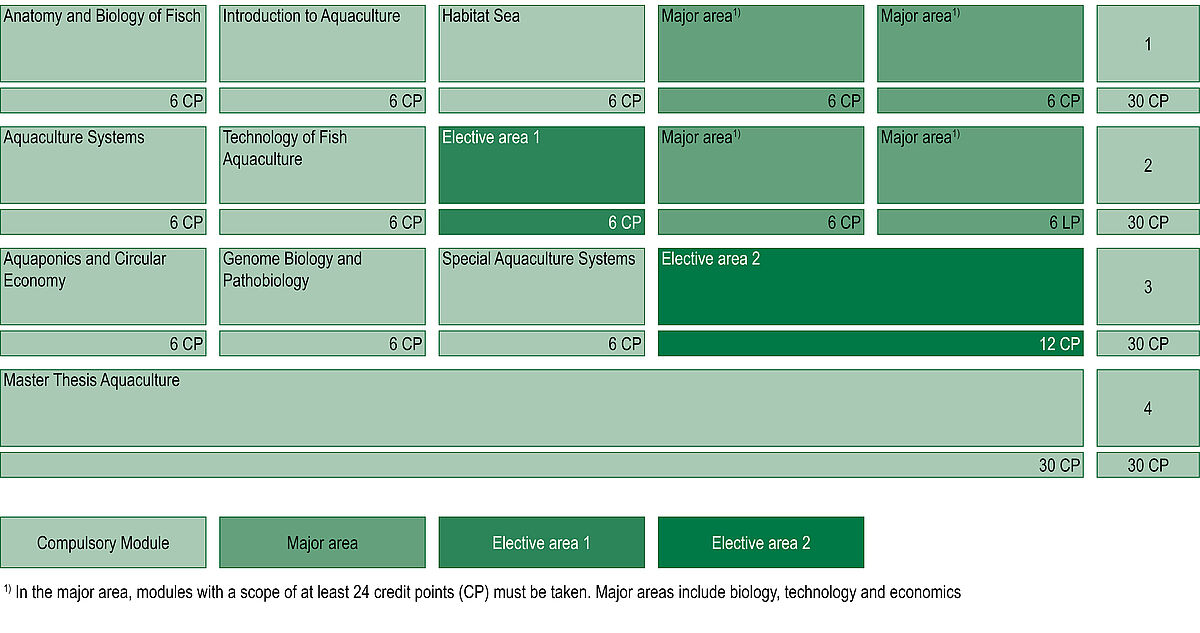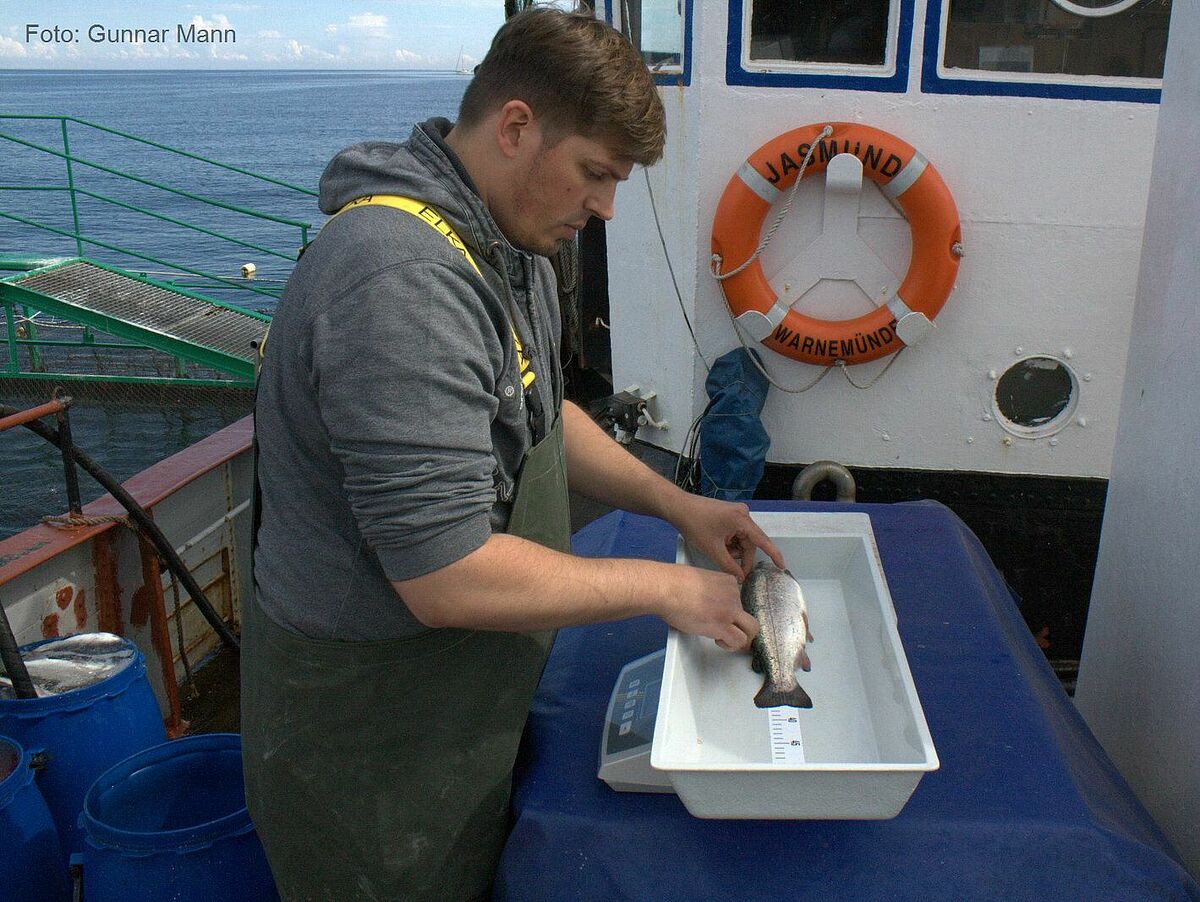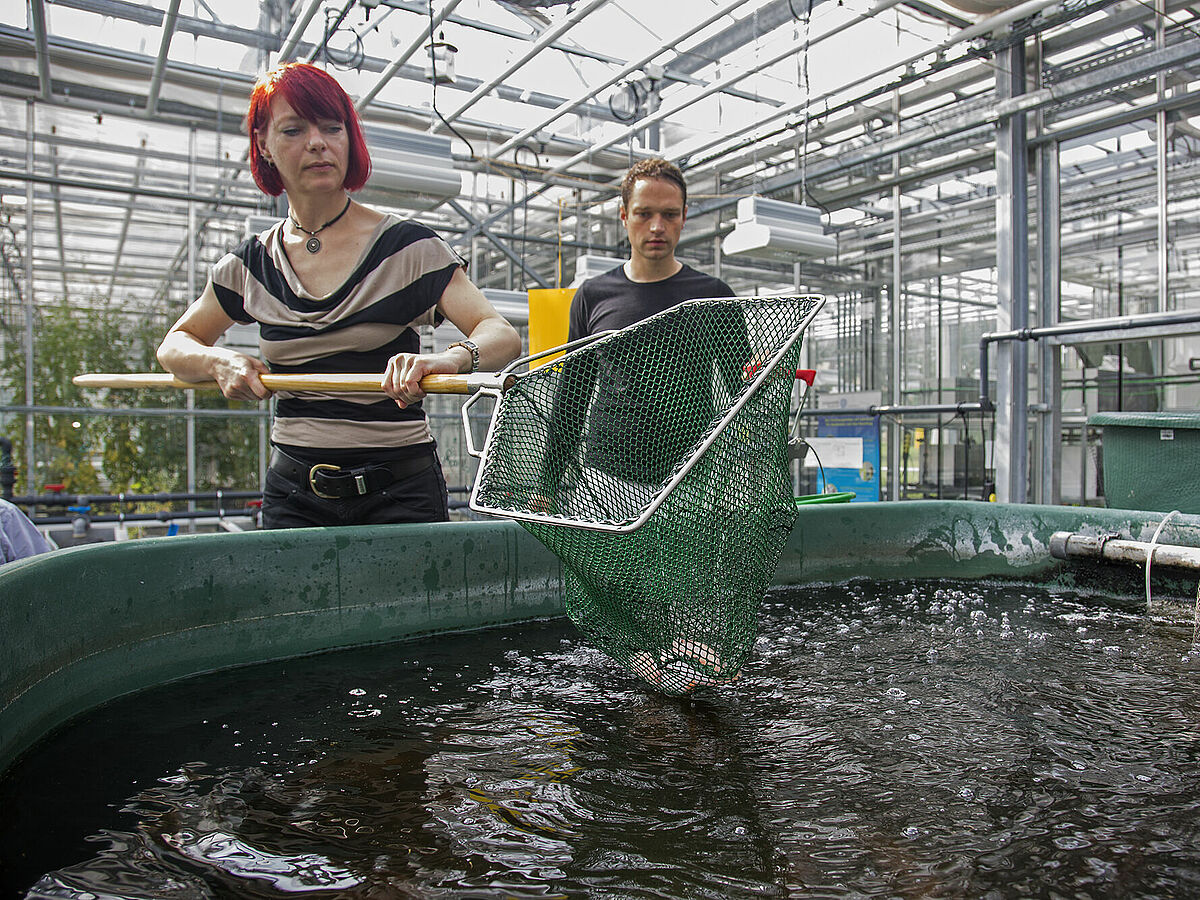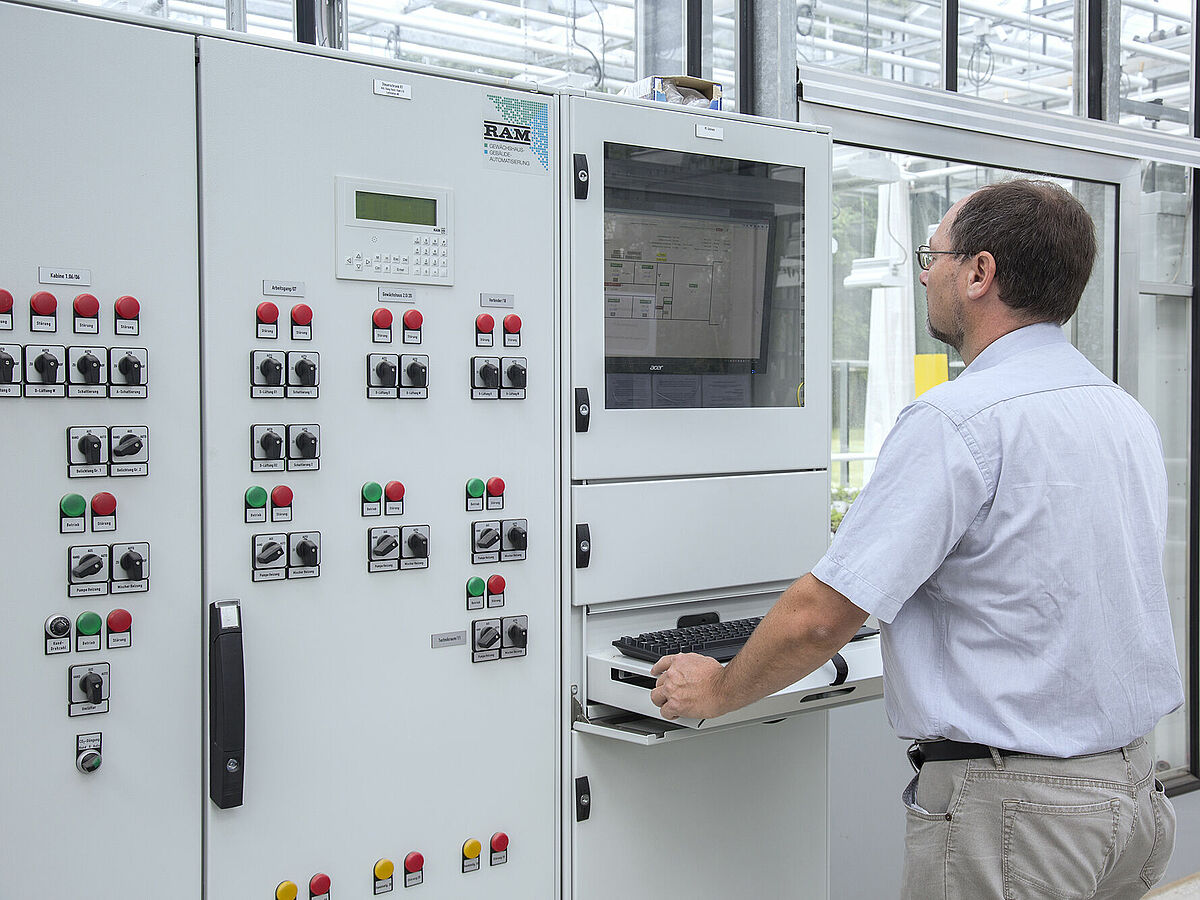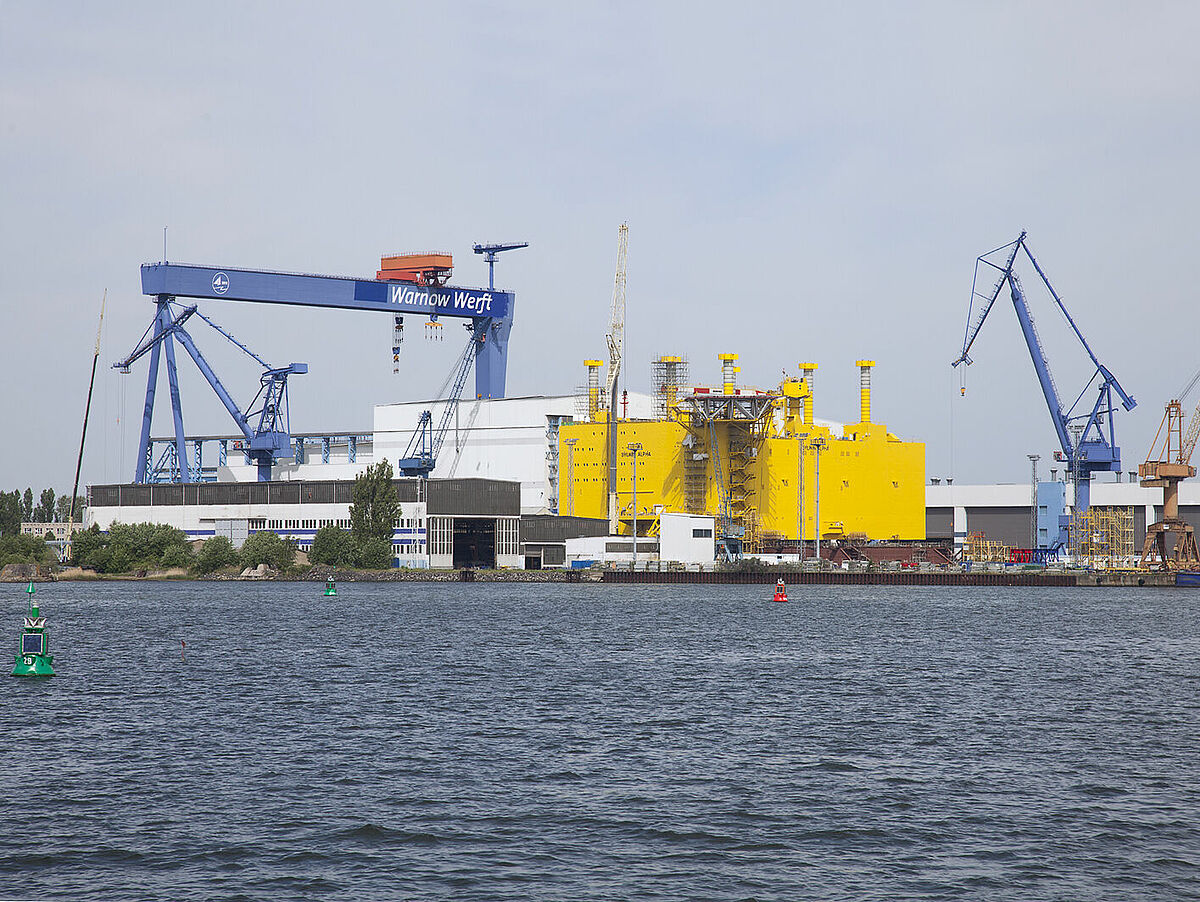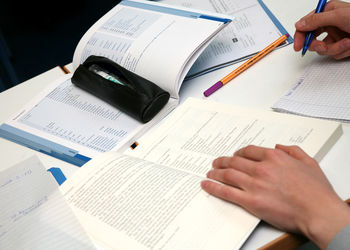Structuring of the Program
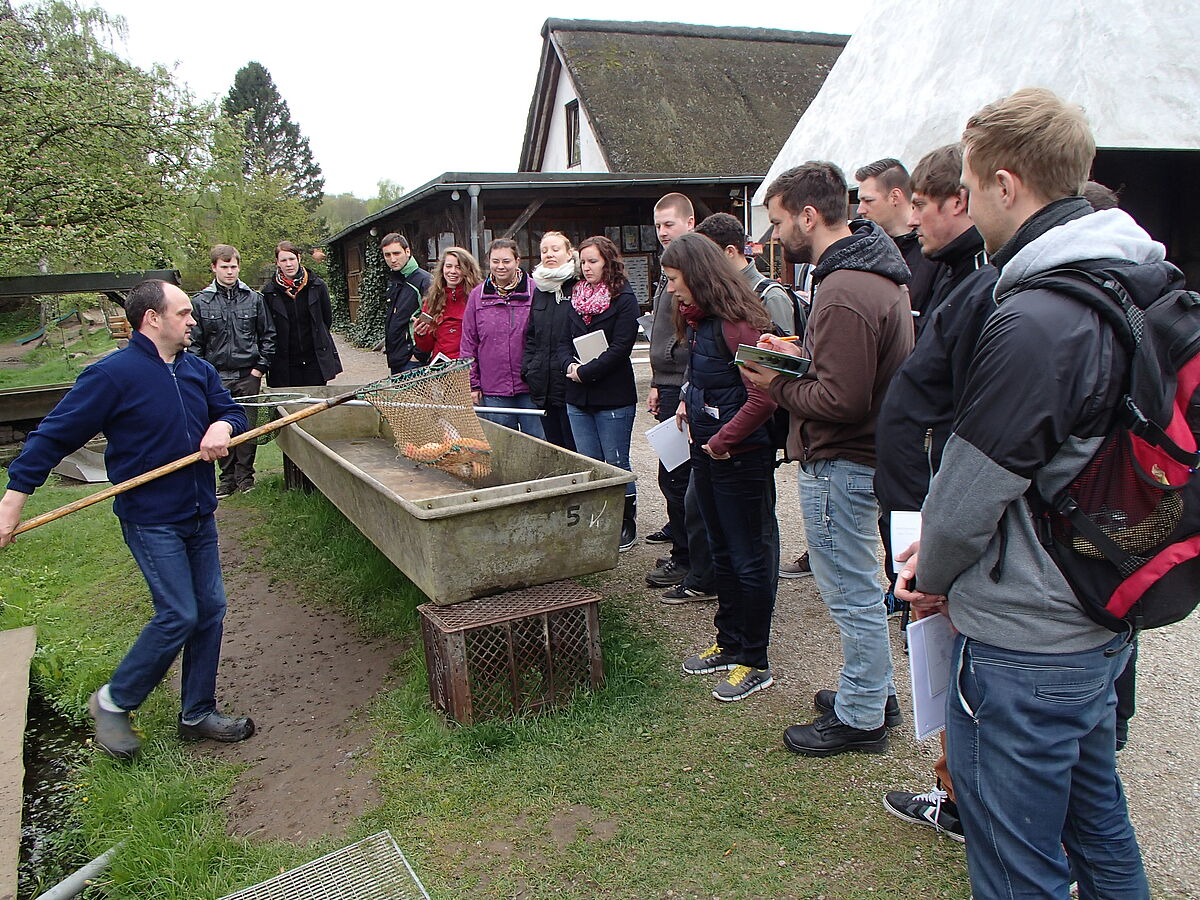
- The master's program is offered with a focus on biology, technology and economics and is divided into a compulsory and elective area. In the compulsory area, nine modules with a total of 78 credit points must be studied, in the major area and the two elective areas, modules with a total of 42 credit points must be studied.
- The standard period of study is four semesters, the course starts in the winter term. Depending on the demand and our capacities, an application for the summer term is also possible.
- The Master's program gives students the opportunity to spend one semester at a foreign university as an alternative to the examination and study plan as of the second semester.
- In the third semester, a mandatory, two-month (large) internship takes place. The internship can also be completed abroad. In addition, all students are recommended to complete subject-specific or supplementary internships outside the university.
Elective Modules
- Students can prepare specifically for their future profession via elective modules.
- The elective area of the Master's degree programme in Aquaculture is divided into the three major areas and the elective areas 1 and 2.
- At the beginning of the programme, students select one of the three major areas and take modules in this area totalling at least 24 credit points.
- At least one of the modules offered in the elective area 2 must be completed.
- Students in the first semester must register for the compulsory elective modules in the study office within the first two lecture weeks of the winter semester. In the following semesters, registration usually takes place by the end of the lecture period of the preceding semester.
- Of course, students are also free to attend additional courses at the University of Rostock and, if necessary, have this credited and/or recognised on the Master's certificate. With its broad range of subjects, the University of Rostock offers numerous interesting opportunities for this.
Teaching and learning forms

The study-specific examination and study regulations of the Master's degree programme in Aquaculture determine which modules have to be completed in which semester (see study programme schedule). In addition, students receive a timetable for each semester in which the courses of all modules of the respective semester are scheduled.
The contents of the course are taught in different courses. The types of courses are characterised by the use of different forms of teaching and learning.
The following types of courses are used in the Master's programme in Aquaculture:
Examination
Normally, modules are completed with an examination at the end of the semester. Those tests are most commonly oral or written exams, but also assignments and presentations are possible. Dates for all examinations are scheduled during the first four weeks of the lecture free time.
According to the study and examination regulations of the programme, it is possible that certain exercises and tasks need to be fulfilled as entrance requirements for the examinations.
Entrance requirements can be: assignments, reviews on a certain field of study, presentations, reports, tests, exercises or participation in scientific discussions.

